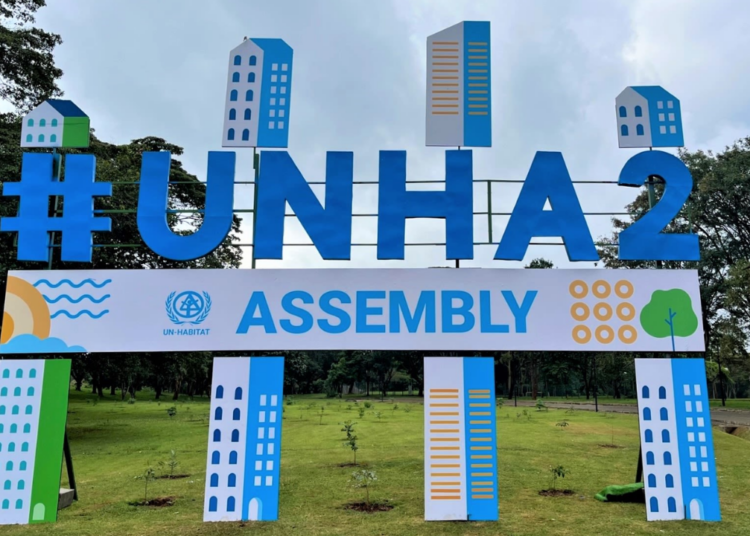The second United Nations(UN) Habitat Assembly, has called for sustainable urban development and effective multilateralism to create more livable, sustainable, and resilient cities to emerge stronger after crises.
The Assembly, which is taking place in Nairobi, Kenya, from June 5 to June 9, 2023, is hosted by the government of Kenya in collaboration with UN-Habitat, the United Nations Human Settlements Programme with the theme ‘A sustainable urban future through inclusive and effective multilateralism: achieving the Sustainable Development Goals in times of global crises’.
More than 80 ministers and vice ministers, plan to attend the second session of the UN Habitat Assembly. Almost 5,000 delegates from around the world are representing member states and stakeholders at the Assembly.
UN-Habitat executive director, Maimunah Sharif said: “we must flip the script about cities. Cities are not only the source of problems. They can create and scale solutions.
If planned, built, and managed well, they are the most sustainable form of human settlement and the answer to the climate emergency.”
Sharif noted that, local action and effective and inclusive multilateralism are indispensable for global progress.
The five-day programme includes a high-level dialogue of the heads of state, thematic debates, and dialogues focusing on universal access to affordable housing, urban climate action, urban crises recovery, localisation of the SDGs, and prosperity and local finance.
More than 30 side events will showcase innovative approaches and transformative actions linked to the five key areas highlighted in the report of the executive director on the special theme of the second United Nations Habitat Assembly.
At the Urban Expo, more than 50 exhibitors will showcase urban projects, best practices, and cutting-edge solutions to tackle the challenges of housing, transport, energy, and climate change. The expo includes a special highlight showcasing 45 years of sustainable urbanisation in Kenya.
The UN Member States will cast their votes with a number of resolutions expected to be tabled to guide regional, national, and local governments to secure a better urban future for all.
The United Nations Habitat Assembly is the global authority on urban trends and policies. It convenes once in four years. 193 UN Member States cast their votes, while participants also include non-Member States, other UN bodies and specialized agencies, as well as intergovernmental organizations, civil society, private sector, academia and research institutions, women, youth and children, and grassroots organisations.
We’ve got the edge. Get real-time reports, breaking scoops, and exclusive angles delivered straight to your phone. Don’t settle for stale news. Join LEADERSHIP NEWS on WhatsApp for 24/7 updates →
Join Our WhatsApp Channel










